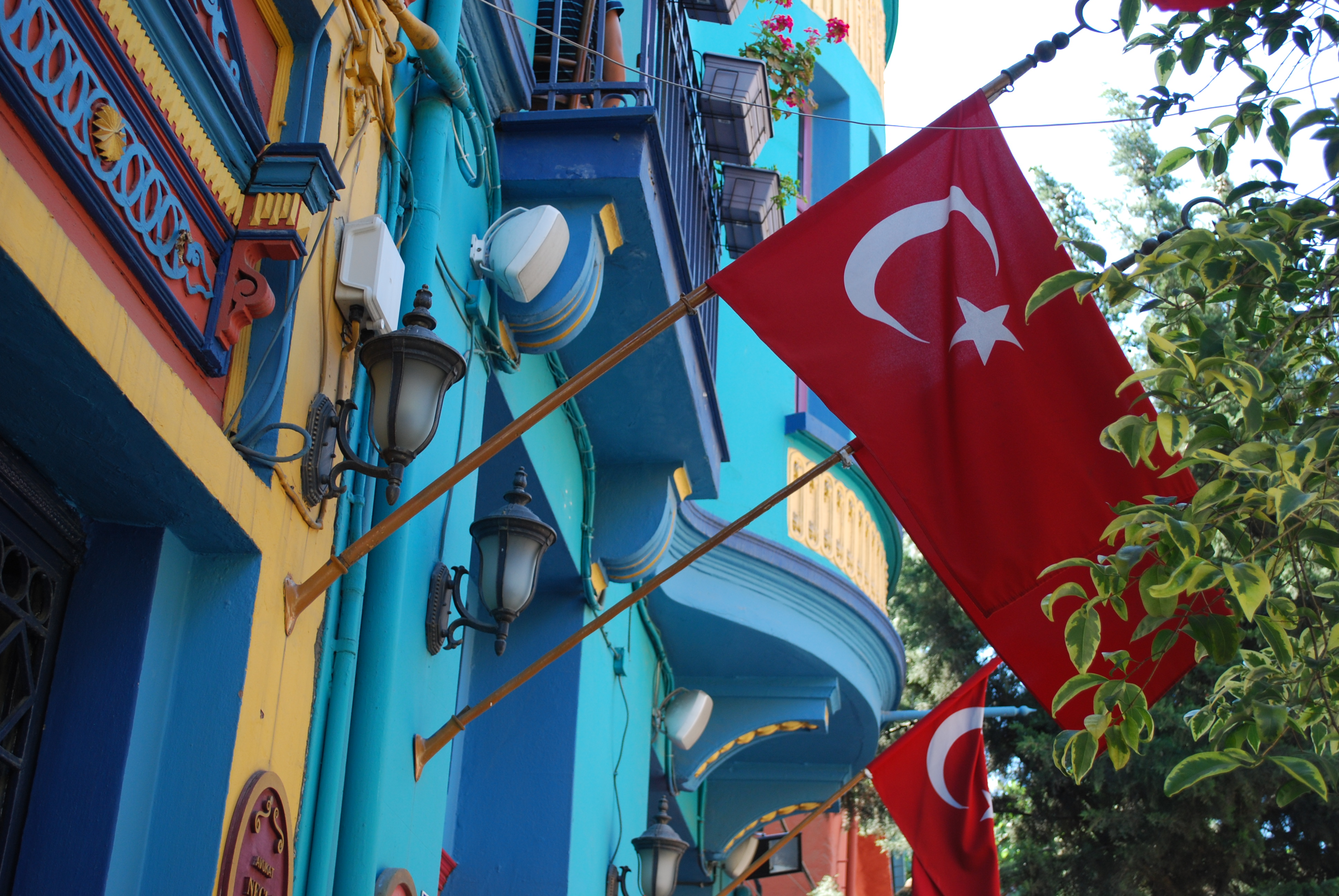Download the letter here.
Prime Minister Ahmet Davutoğlu
Vekaletler Caddesi Başbakanlık Merkez Bina
P.K. 06573 Kızılay /Ankara
Istanbul, Oslo 10.10.2014
Prime Minister Ahmet Davutoğlu,
We write to you regarding an important decision by the European Court of Human Rights (ECtHR) on Turkey. On Sept 16, 2014, the Court decided, in the case of Mansur Yalçın and Others – Turkey (Application No. 21163/11), that Turkey had violated Article 2 of the Protocol No.1 (the right to education) of the European Convention of Human Rights (ECHR).
We believe that this decision points to the importance of bringing the program, lesson books and activities associated with the mandatory Religious Culture and Knowledge of Ethics (Din Kültürü Ahlak Bilgisi- DKAB) courses in line with international human rights requirements. These are key issues for Turkey’s democratization and social harmony.
Religious education is a subject of great importance in Turkey, and has been subject to extensive government regulation during the history of the Republic. Various governments have used different formulas for the education. However, instead of placing human rights requirements as a determining factor in designing religious education, most of the time political considerations have been decisive.
Based on human rights principles, including principles of state neutrality and impartiality with regard to specific religions, we would like to present some recommendations with regard to the DKAB courses, both related to their contents and the mechanism of exemption.
In an appendix to this letter, we present an evaluation of the DKAB courses based on the OSCE TOLEDO Principles on Teaching about Religions and Beliefs in Public Schools with regard to religious education as well as some examples from European countries for your information.[1]
DKAB Contents
The EctHR 2007 decision in the case Hasan and Eylem Zengin – Turkey (Application No.1448/04) should have been followed-up by changes of the DKAB courses. Unfortunately, the program did not change much. Large part of the change was devoted to presenting interpretations of Islam and on activities and terminology of the various traditions of Islam (including Alevi, Caferi and Bektaşi). A main problem remained, that these lessons were religious instruction in a particular religion, rather than neutral teaching.
Importantly, Article 24 of the Turkish Constitution distinguish between instruction of “religious culture”, which is compolsory, and “other religious education … [which] shall be subject to the individual’s own desire”. “Religious culture” must be understood as formed from various sources, not only one religion or life view.
The Constitutional provision, interpreted in this way, is in line with human rights law. According to human rights law, states must ensure, in the realm of religious education, that the principle of impartiality is observed. States are also under a legal obligation to respect parents’ right to have the education and training in line with their religious or philosophical views.[2]
According to Article 18(2) of the 1966 UN Covenant on Civil and Political Rights, “No one shall be subject to coercion which would impair his freedom to have or to adopt a religion or belief of his choice.” It is clear that no one should be exposed to any kind of pressure with regard to his or her beliefs. This is a non-derogable right; a right that cannot be restricted under any circumstances.
Since DKAB courses are compulsory, and in their present form represent instruction rather than neutral teaching, Turkey is not honouring its human rights obligations. It does not show respect for the rights of partents to raise their children in line with their religious or philosophical views. The child is also left in a difficult situation of conflict between the faith and values learned at home and the faith and values learned at school.
We therefore recommend that:
– DKAB courses should no longer be mandatory.
– If these courses remain mandatory, they should be revised and changed into an objective lesson about religion and brought in line with the TOLEDO principles.
Exemption Mechanism
According to current legislation, only Jewish and Christian children are exempt from the DKAB courses. Students are required to declare their religion to be exempt.
The reason for Christian and Jewish children to be exempt is that these lessons are not an objective lesson about religion, but religious instruction in a particular religion. In the present situation, Alevi, Bahai, Atheist and Sunni Muslim children who do not find the Islamic education provided by the state to be in line with their beliefs, still must attend the classes.
With regard to exemption, the ECtHR, decided in a case where students who use their right to exemption are not provided with alternative lessons, and therefore do not get a mark for “religion/ethics” on their school certificates, that this amounts to a form of stigmatisation, violating Article 14 taken in conjunction with Article 9 of the ECHR.[3]
We therefore recommend:
– As long as the DKAB courses do not provide neutral teaching about religion, students should be exempted based on simple request. He or she should not have to declare religion or belief.
Several European countries have had to change their design of education in religion due to EctHR decisions, including Norway. The experience of these countries is that adopting a principled approach based on human rights principles is having beneficial consequences, creating harmony and mutual tolerance between students of different faiths.
We thank you for your attention on these issues. We remain always available for further dicussions of these issues.
Sincerely yours,
Gunnar M. Ekeløve-Slydal Mine Yildirim
Deputy Secretary General Head of project
